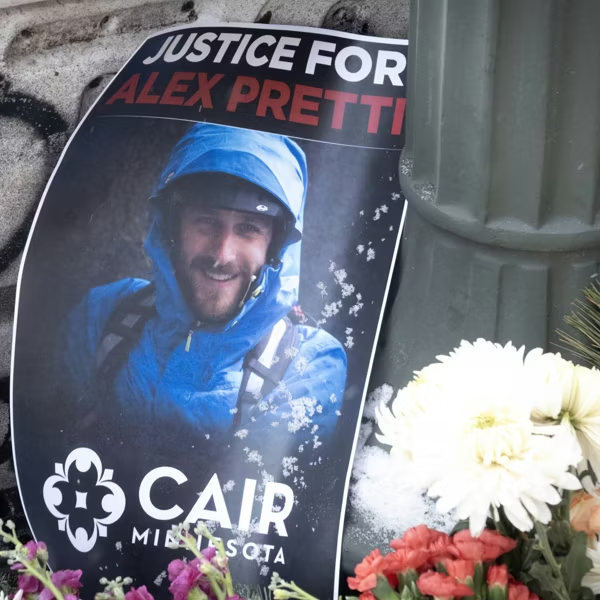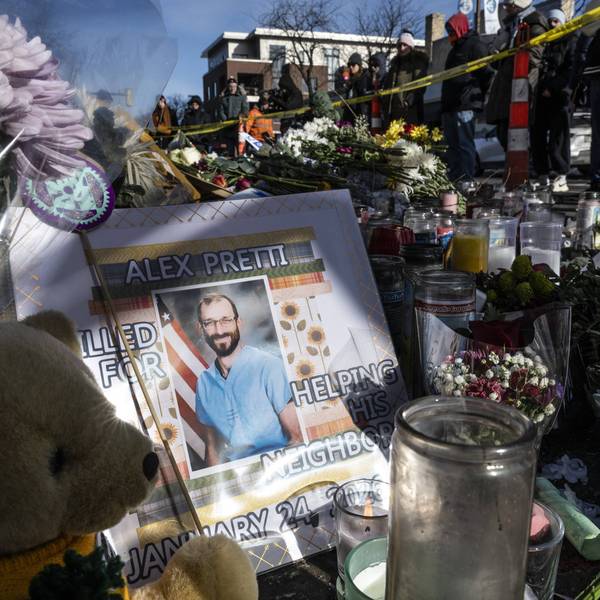On the day Minneapolis police officer Derek Chauvin was convicted of murdering George Floyd, local law enforcement in my hometown killed my nephew's father. His name was Jose Flores.
When my local paper "reported" on Jose's death, it was more a regurgitation of a police report than journalism. There were no interviews with Jose's family, who were on the scene when police used tear gas and "less lethal munitions" to kill him.
Sadly, it's par for the course for police reports to frame officers in a favorable light--and the people they kill in a negative one.
Jose could have been taken into custody. Instead, police transported his lifeless body to a nearby hospital where he was later pronounced dead.
Reporters regularly rely on police reports as primary sources when covering police killings. That's irresponsible to say the least. Examples of lies and omissions in police reports are ubiquitous, as several high-profile recent killings have made clear.
Before the video of his killing went viral, police in Minneapolis reported simply that George Floyd "appeared to be suffering medical distress." They failed to mention the cause of that distress was a knee on the back of his neck.
When Mario Gonzalez was killed by police in Alameda, California, the police report said he too experienced a "medical emergency" during an altercation with officers. Body camera footage later revealed Mario's "medical emergency" was caused by officers placing a knee on his back and an elbow on his neck, resulting in him losing consciousness and eventually dying.
When 7th grader Adam Toledo was killed by police in Chicago, Cook County prosecutor James Murphy claimed Toledo had a gun in his hand when officer Eric Stillman killed him. Video evidence showed Adam's hands were empty and raised above his head when he was shot.
Sadly, it's par for the course for police reports to frame officers in a favorable light--and the people they kill in a negative one.
In Jose's case, the news coverage quotes heavily from the police report and paints him as someone who perhaps deserved to die--noting, for example, that he was "known to the police department from several prior contacts and arrests involving violent offenses."
Was Jose a saint? Of course not. None of us are. But he was a son, a brother, and a father. Compounding the tragic nature of his death is that his third child is due in just two months.
Jose, like George, Mario, and Adam, was many things, including a human being who deserved help in a moment of crisis. His death could have been avoided if police acted rationally. Instead, they rushed the situation to its lethal conclusion.
Despite being under more scrutiny than ever, U.S. police killings in 2021 are actually right on pace to meet their annual average of 1,100.
When police kill people, true justice is unachievable, and even accountability is rare. The arrest rate for police who fatally shoot people is just 1 percent, with the conviction rate being even lower.
Like others who were needlessly killed by police, Jose should still be here today. He should be alive to see his child born this summer, or to watch his son's little league game this week. Because police relied on violence as a first resort, he is gone forever.
Jose would give the shirt off his back and the shoes off his feet to someone who needed them more than he did.
That's how I'll remember Jose.




